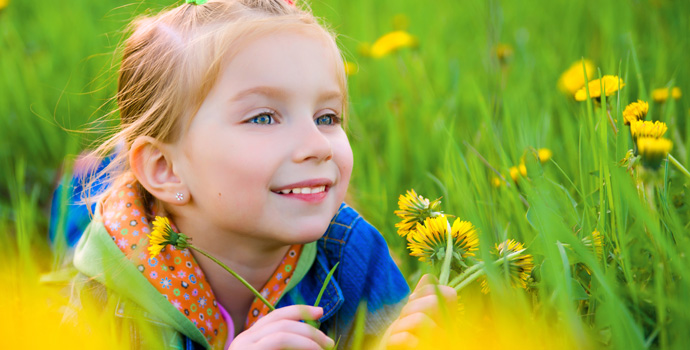Food allergies or intolerance to food is seen on babies or growing children. But it is not necessarily found in babies it can occur at any age. A person who was consuming certain food without problem can become allergic to it at any stage of life.
The problem occurs when the immune system considers any food article as danger to the body, reacting to it and triggering a response to protect the body. These symptoms to food allergy can be mild or severe in the body. It does not mean that for a time if a reaction causes fewer symptoms it cannot move to more harmful symptoms which may be life threatening.
These allergies tend to run hierarchal in a family. Although it is an impossible task to predict that whether the child, or the siblings will be allergic to a certain food or not. The most severe of these food allergies is “anaphylaxis” which is a life threatening whole body reaction. This body reaction affects the heart rate, lowers the blood pressure and reduces breathing.
While any of the food can cause the immune system to trigger the reaction but among them all there are a few foods which count for around 80- 90% of all reactions. They are eggs, soy, nuts, tree nuts, fish, shellfish, and milk. Also mustard and sesame seeds are a major trigger to allergens.
The symptoms of a food allergy always are seen a few minutes after eating the food. These food allergies are most commonly known as “IgE meditated food allergy.
The symptoms include-
- Itching or tingling sensation in the mouth.
- Swelling of mouth, face or any other body part.
- Problem in swallowing the food.
- Turning of skin to be red or rashes with itching on them.
- Falling or shortness of breath.
- Feeling low, vomiting or sick.
- Pain in abdominal area or diarrhea.
- Sneezing
- Pain or itchiness in the eyes.
If the allergy is much severe and sudden then it could be anaphylaxis.
The initial symptoms of anaphylaxis are:
- Rapid increase in the heart rate.
- Feeling of unconsciousness.
- Feeling light headed and confused which due to the fall in the heart –rate.
- Sudden feeling of anxiety or fear.
- Cough or sneezing
Symptoms of non IgE meditated food allergy are redness and itchiness of skin and itchy red rashes on skin, constipation or indigestion.
You must take consultation from a allergy doctor if you see any of the above listed symptoms for food allergy. These food allergies can sometimes be very dangerous to health, hence must be taken care of. So next time you notice any of these symptoms do not neglect them if they are not harmful at first place they can create an effect after sometime.




